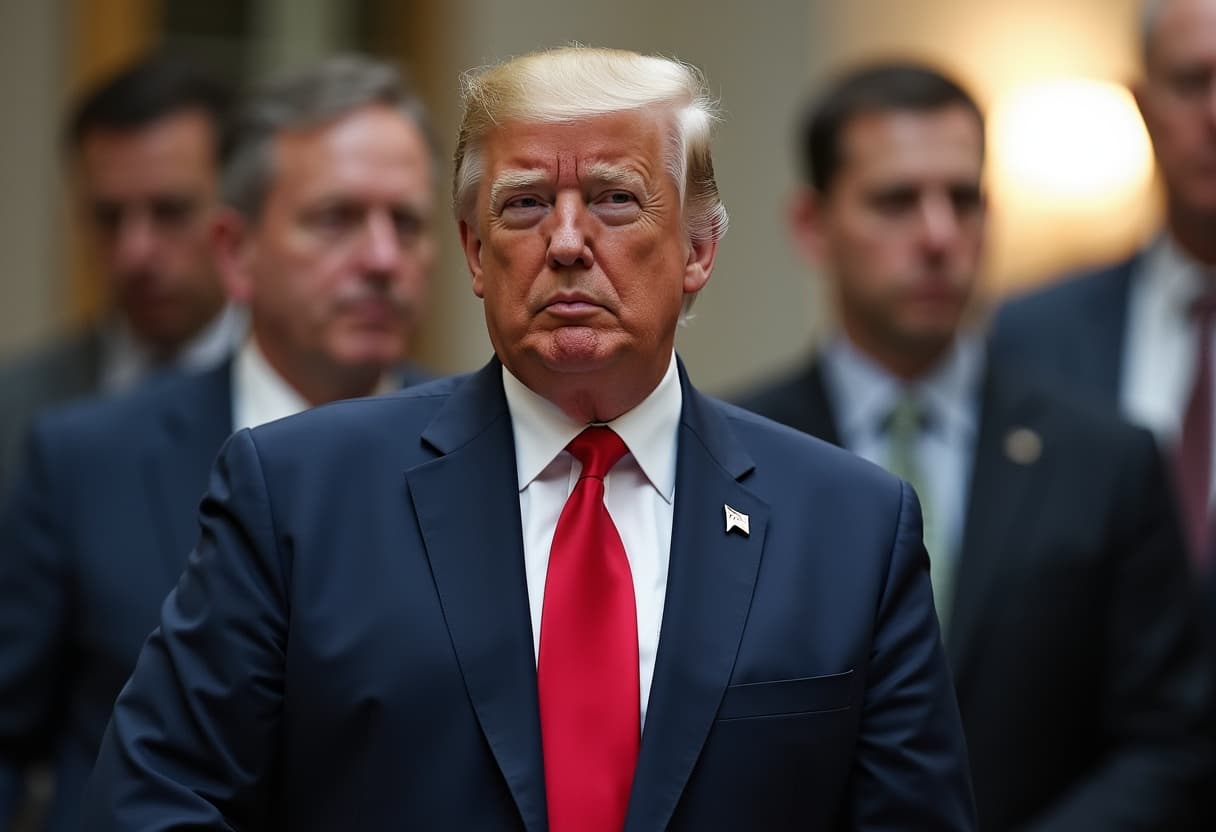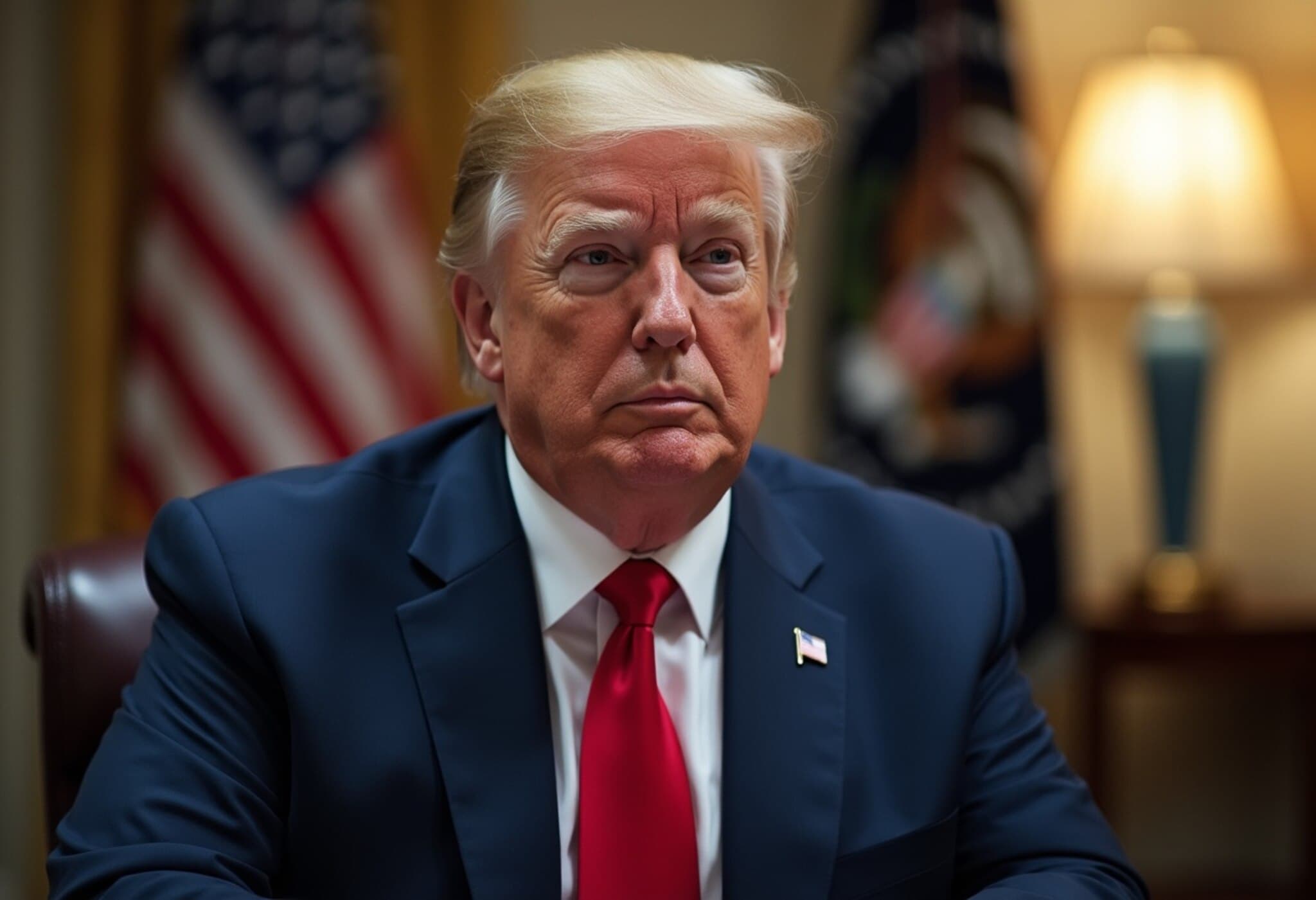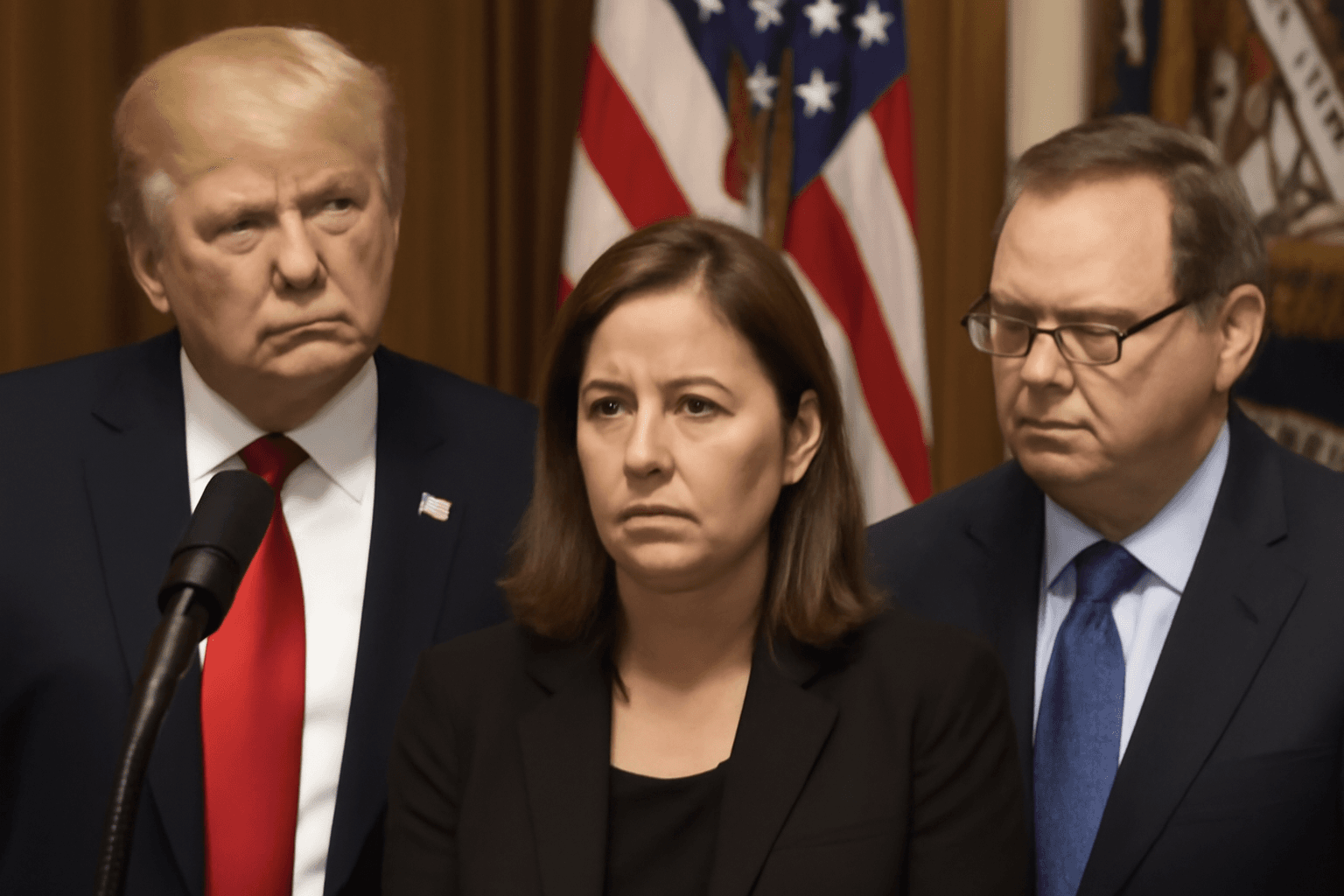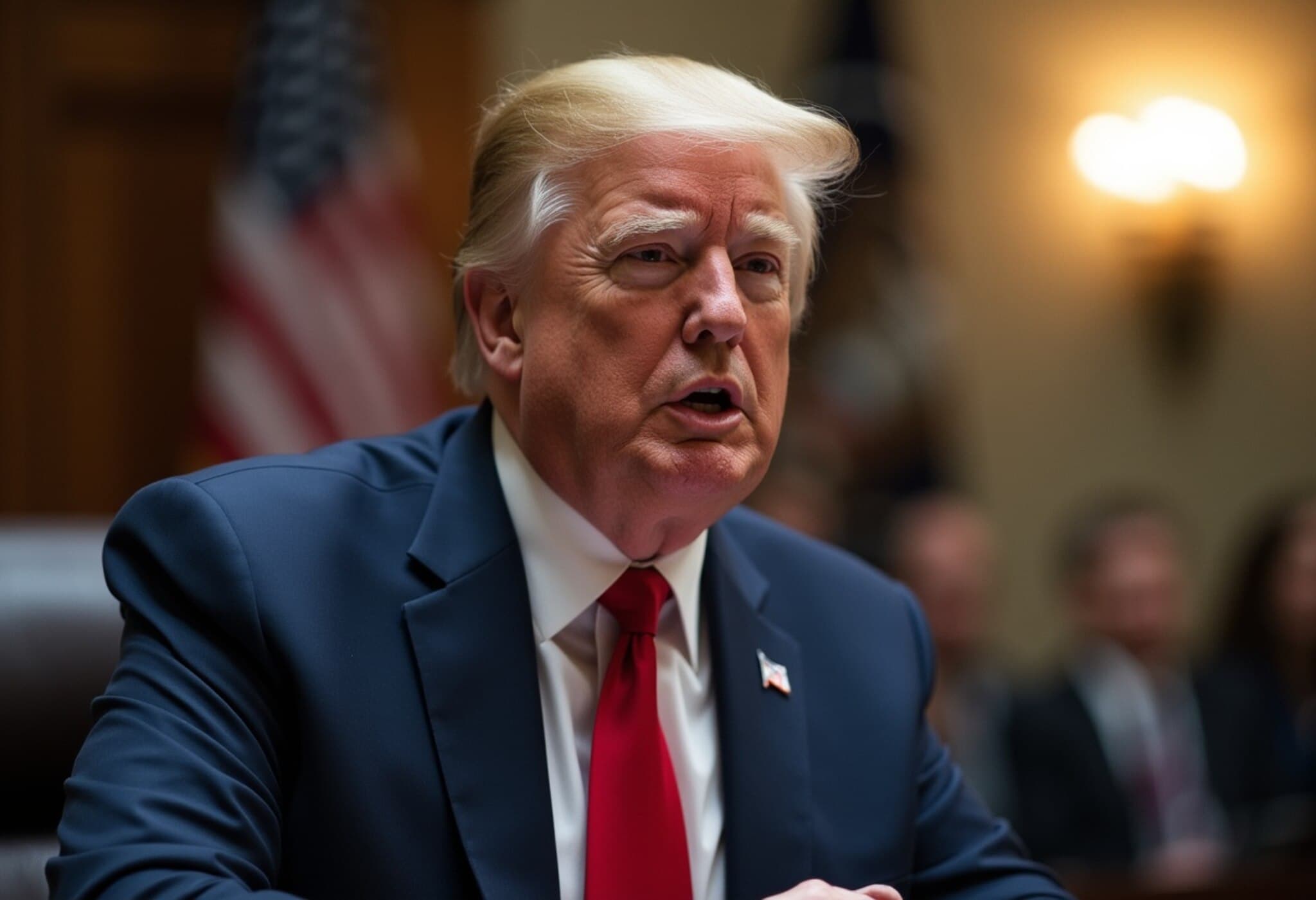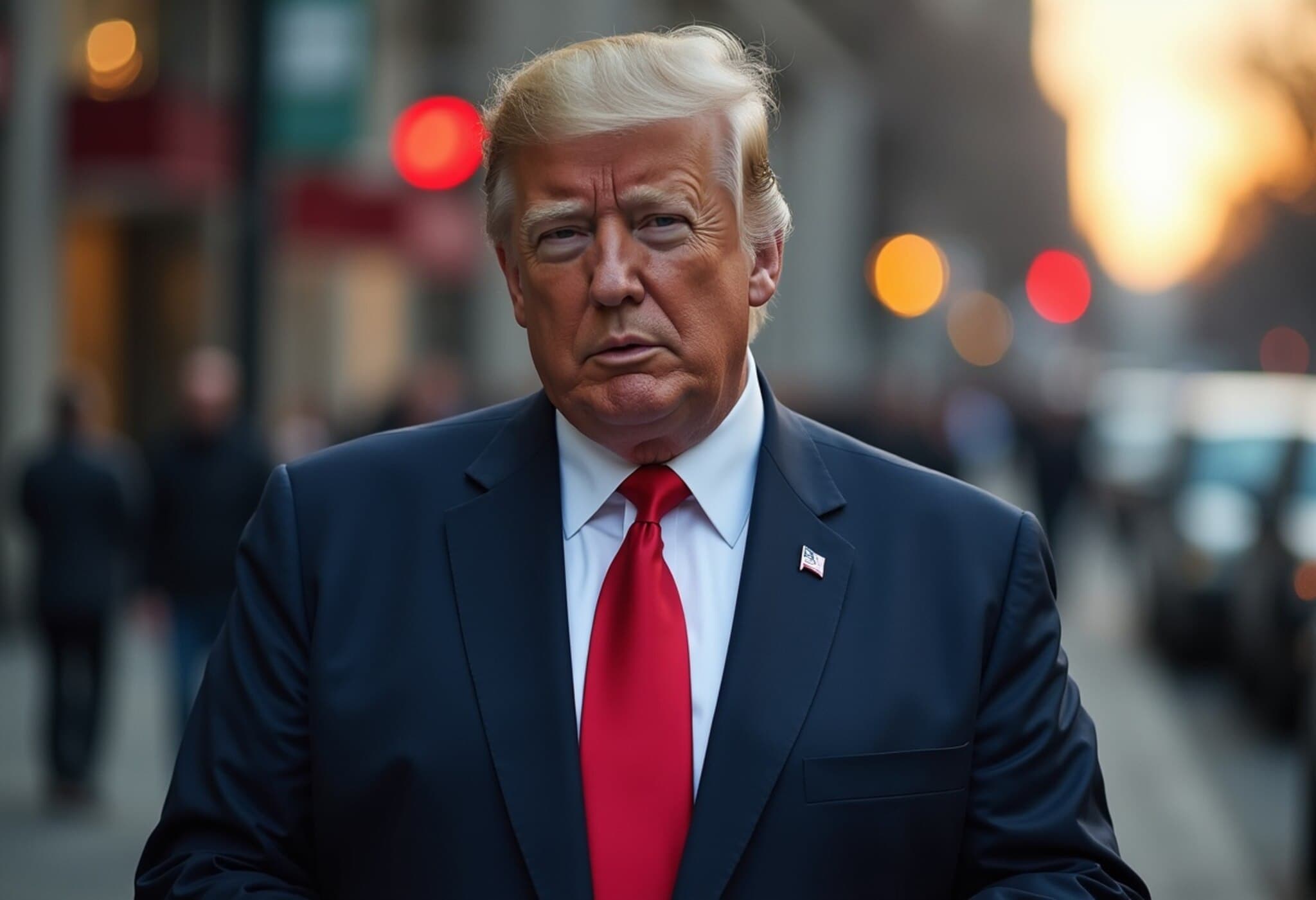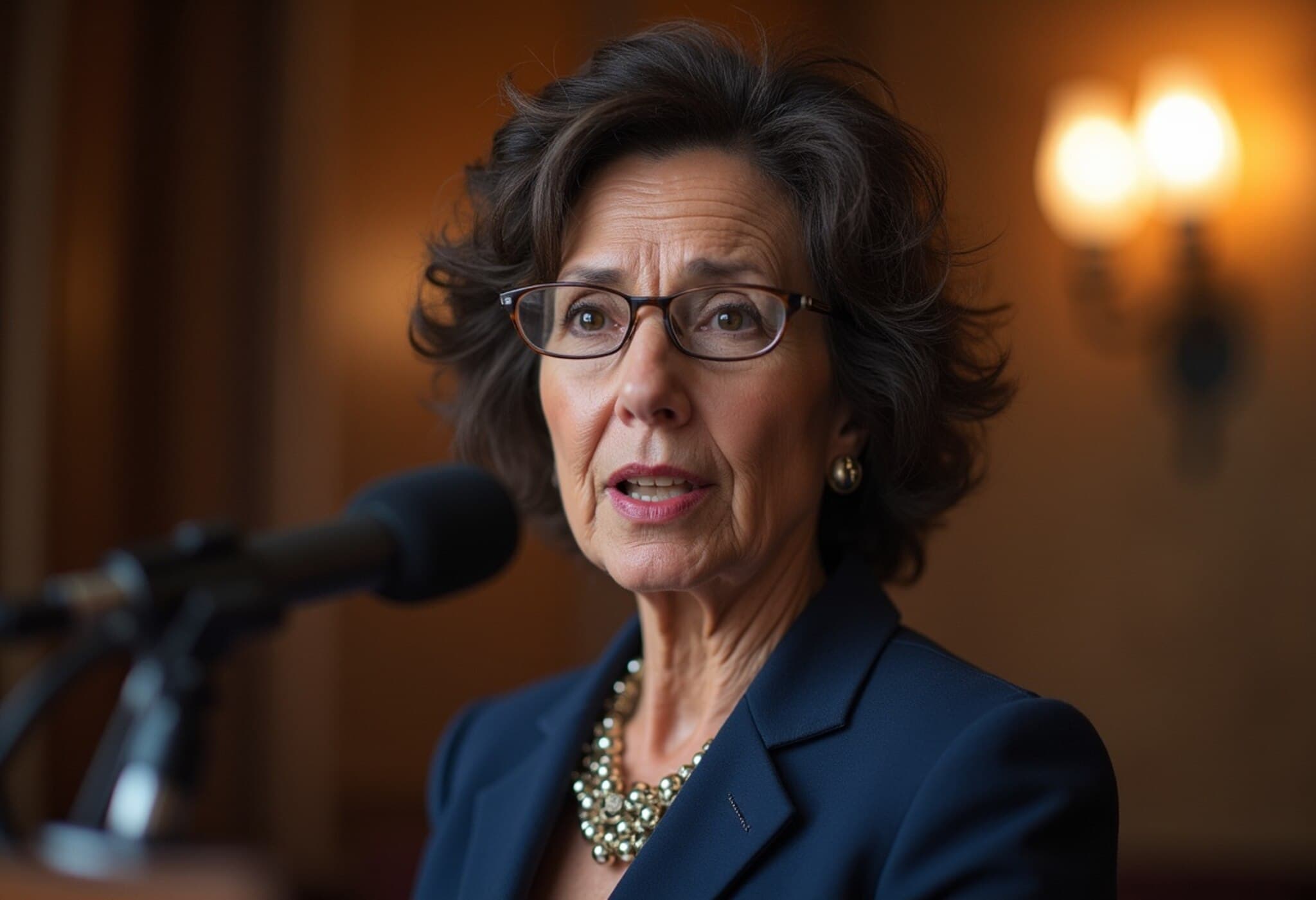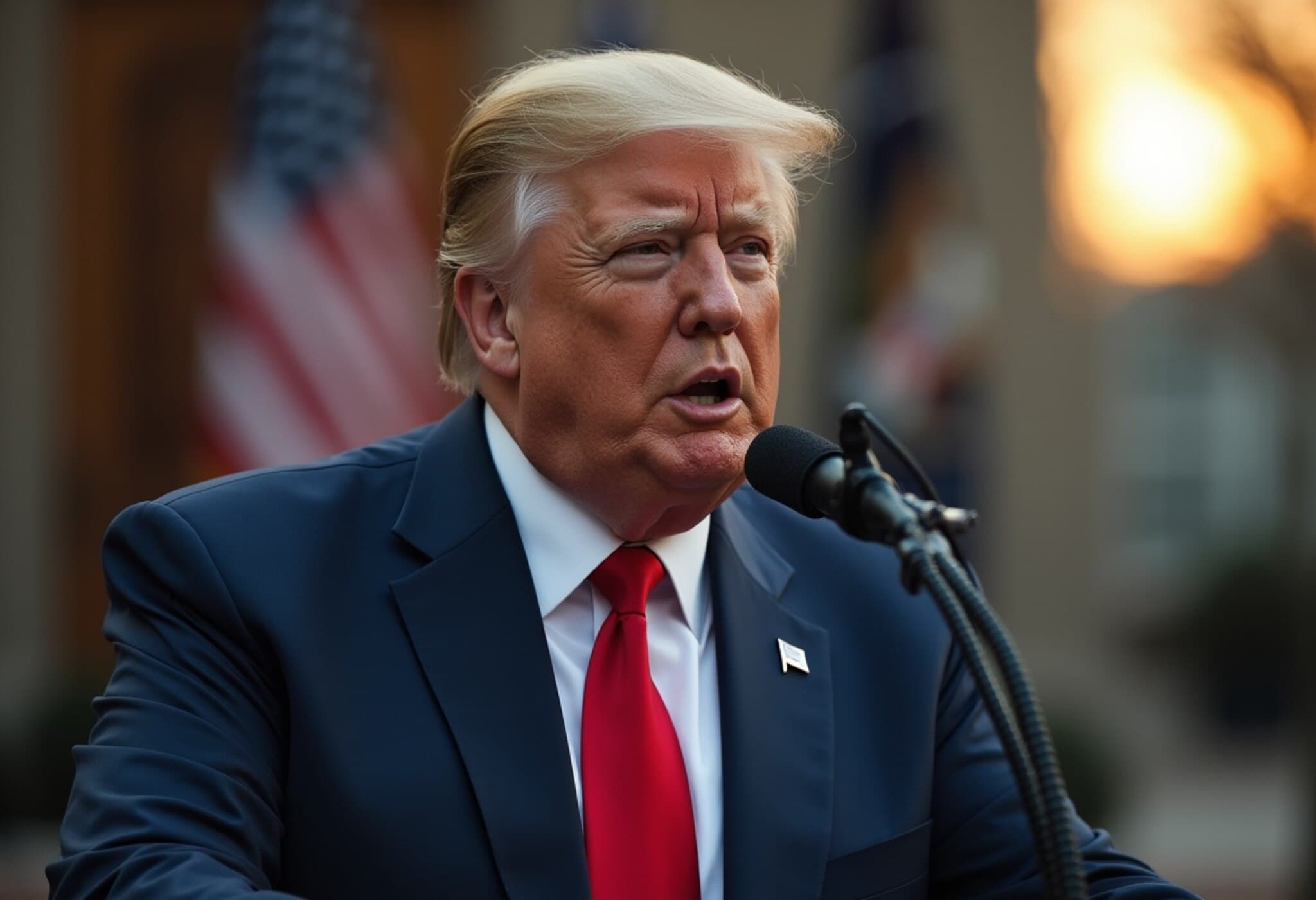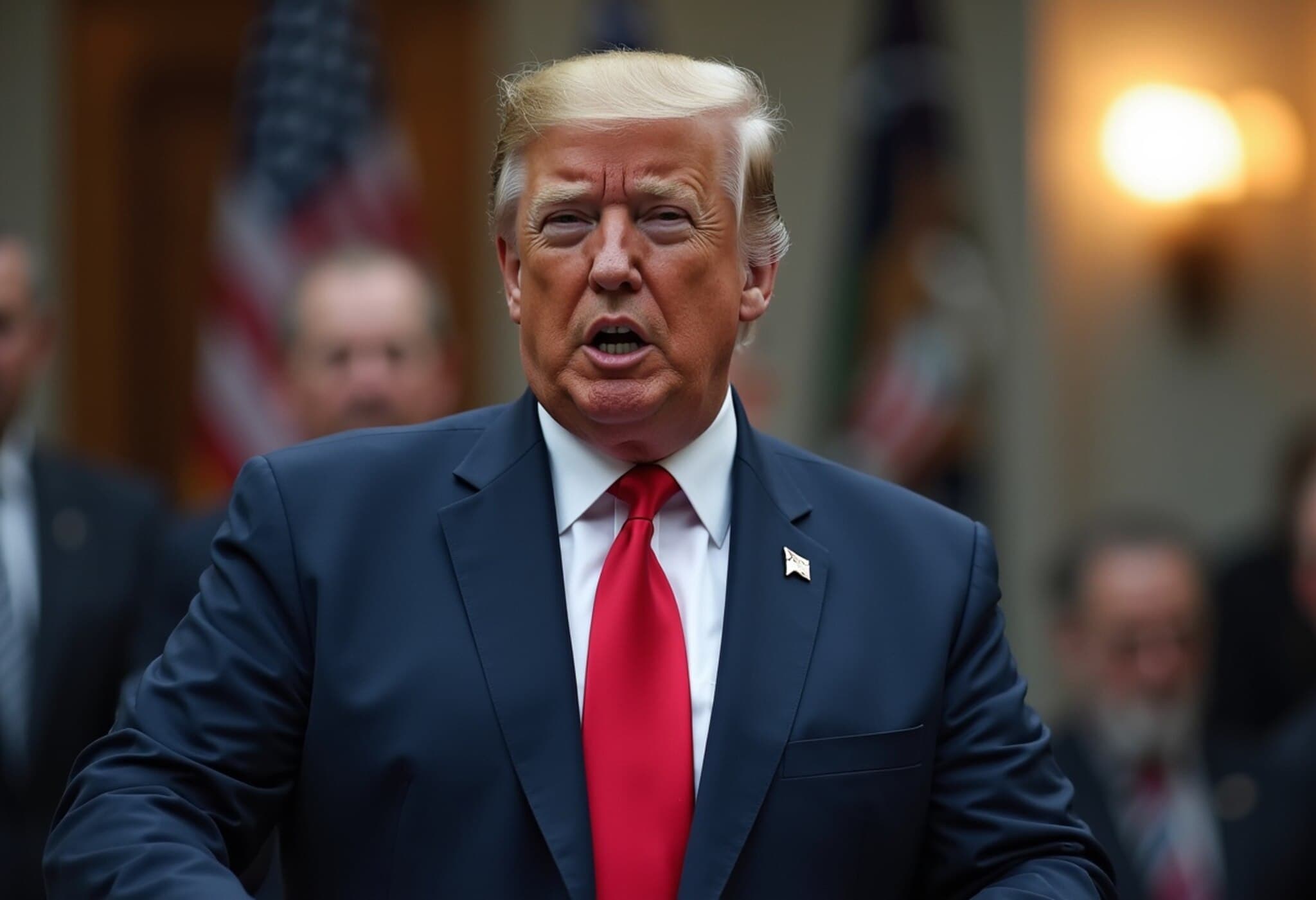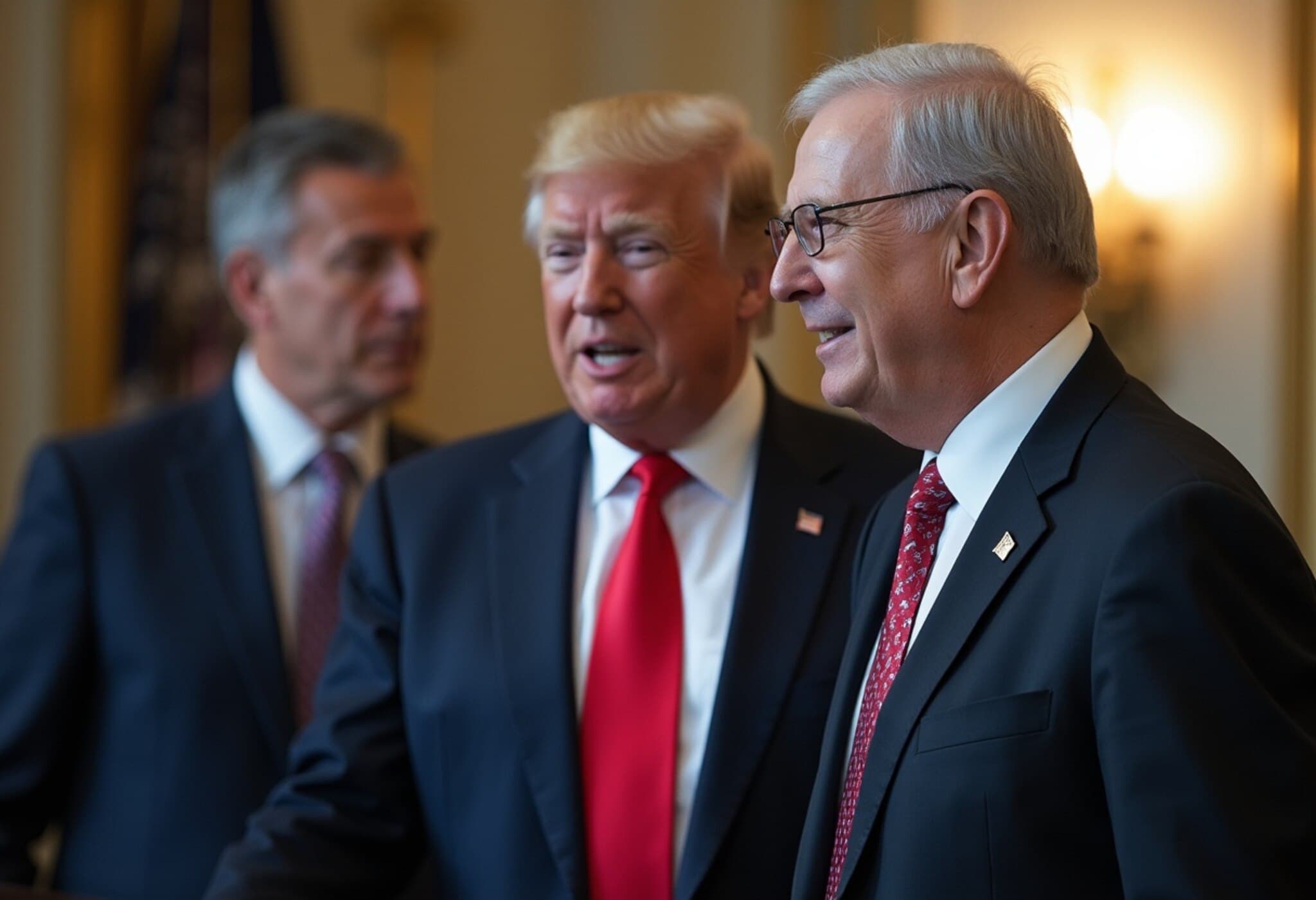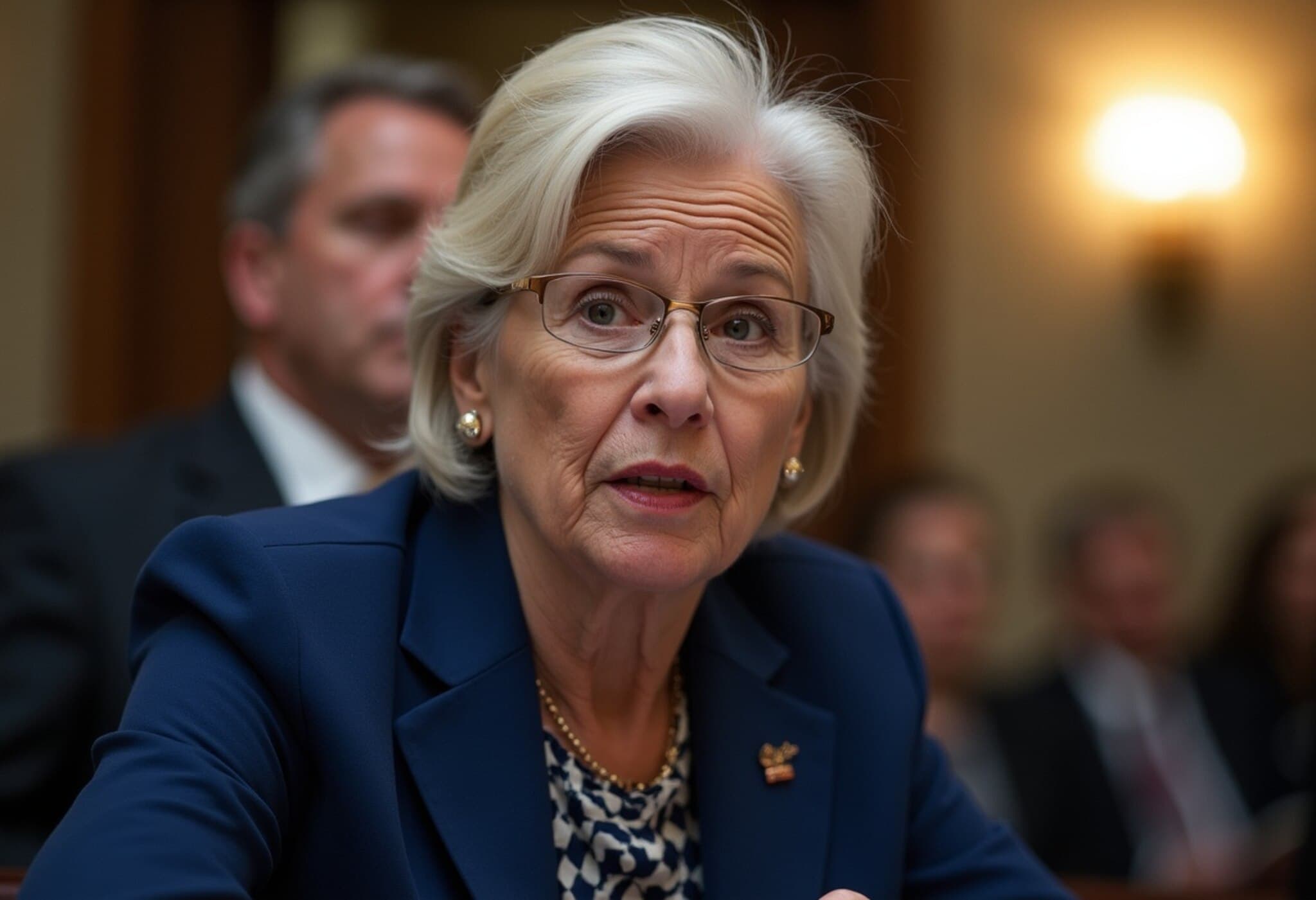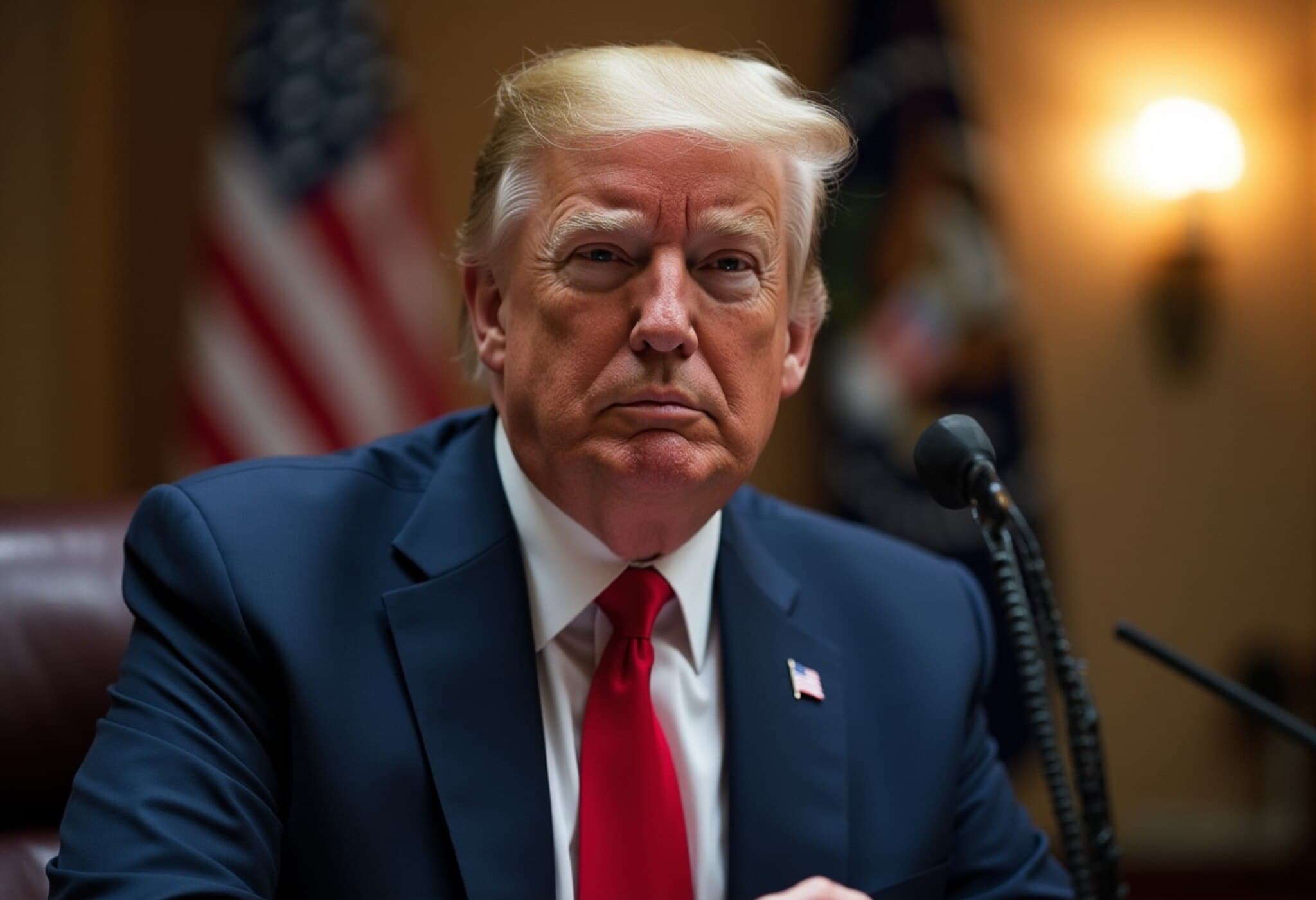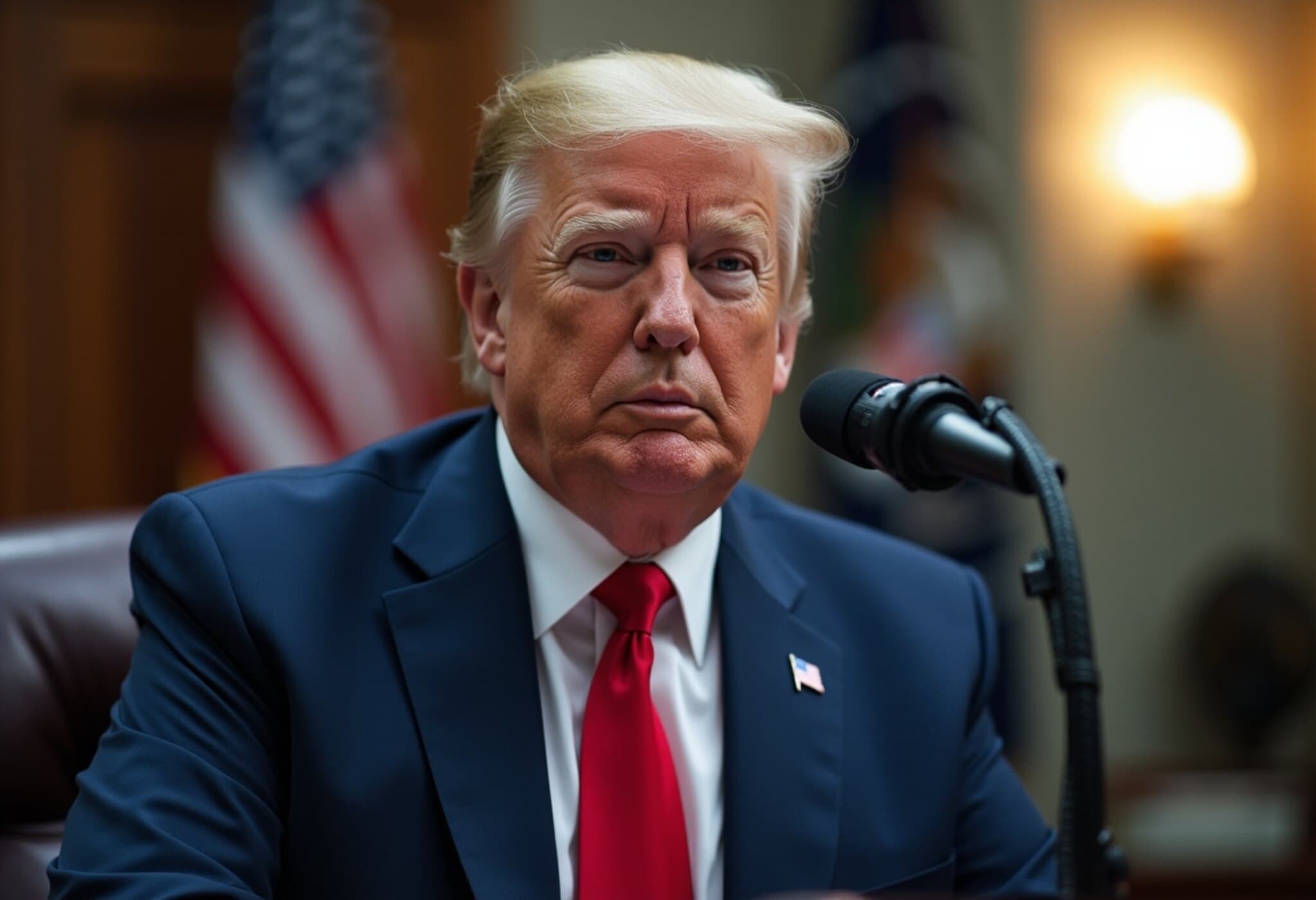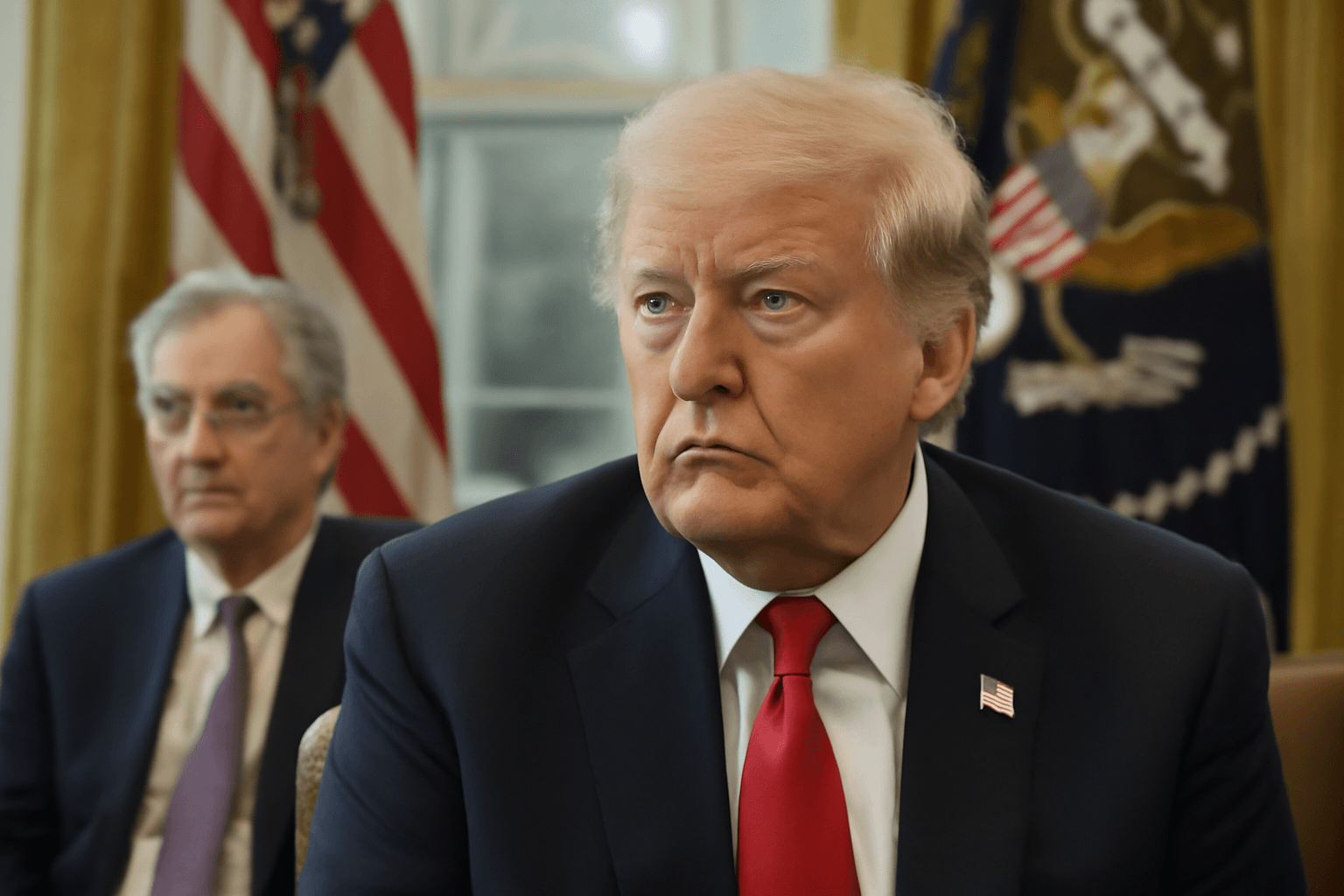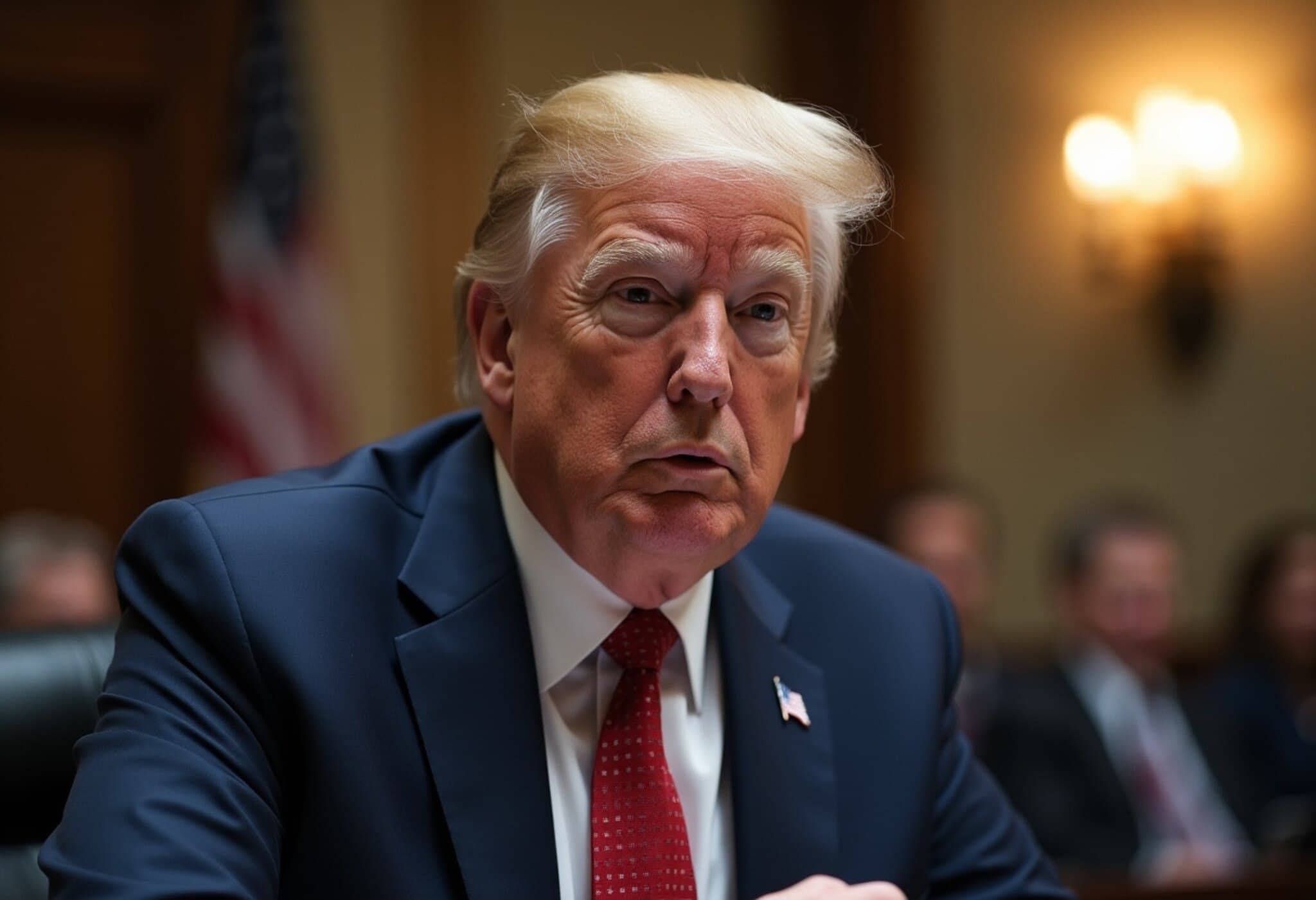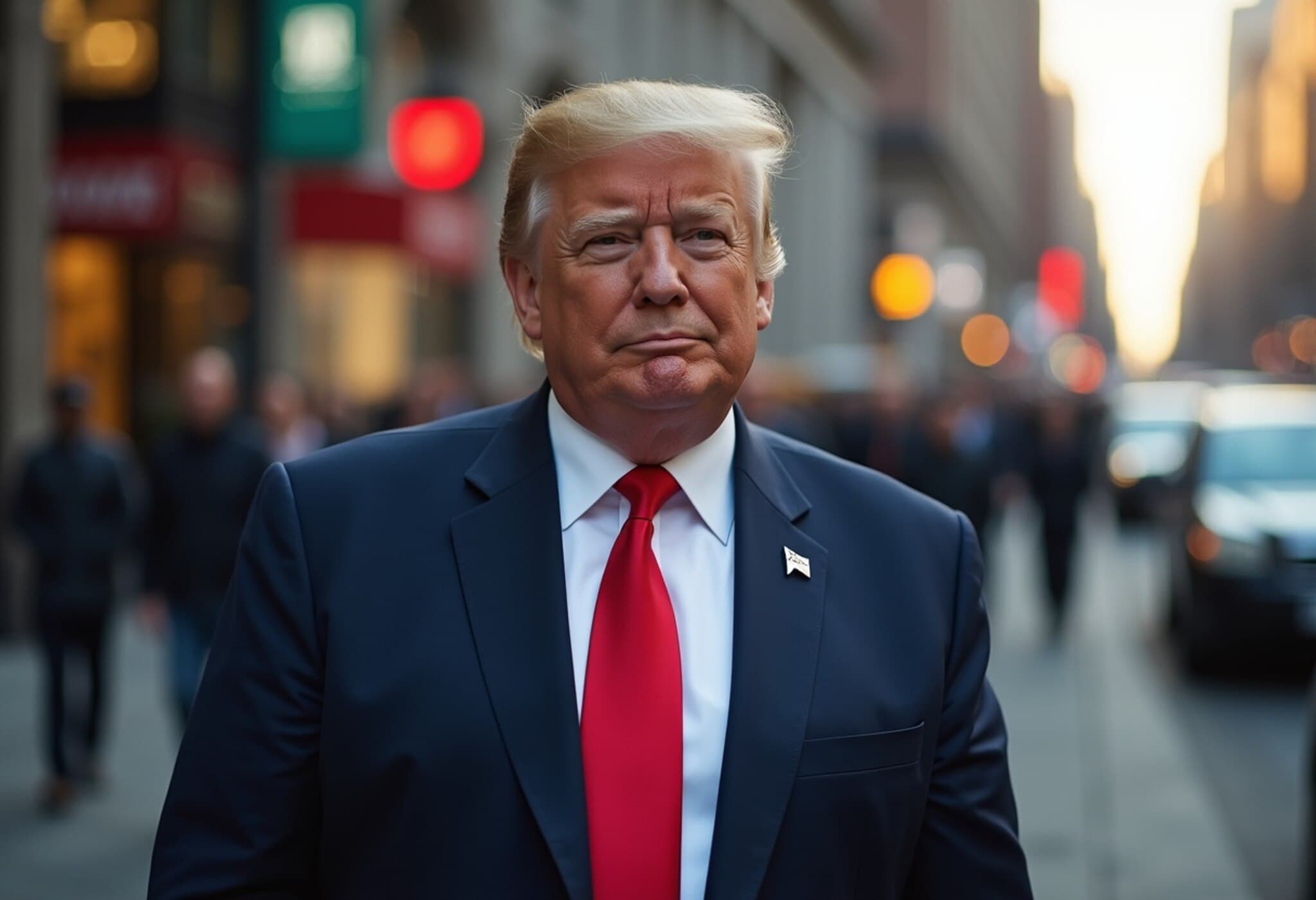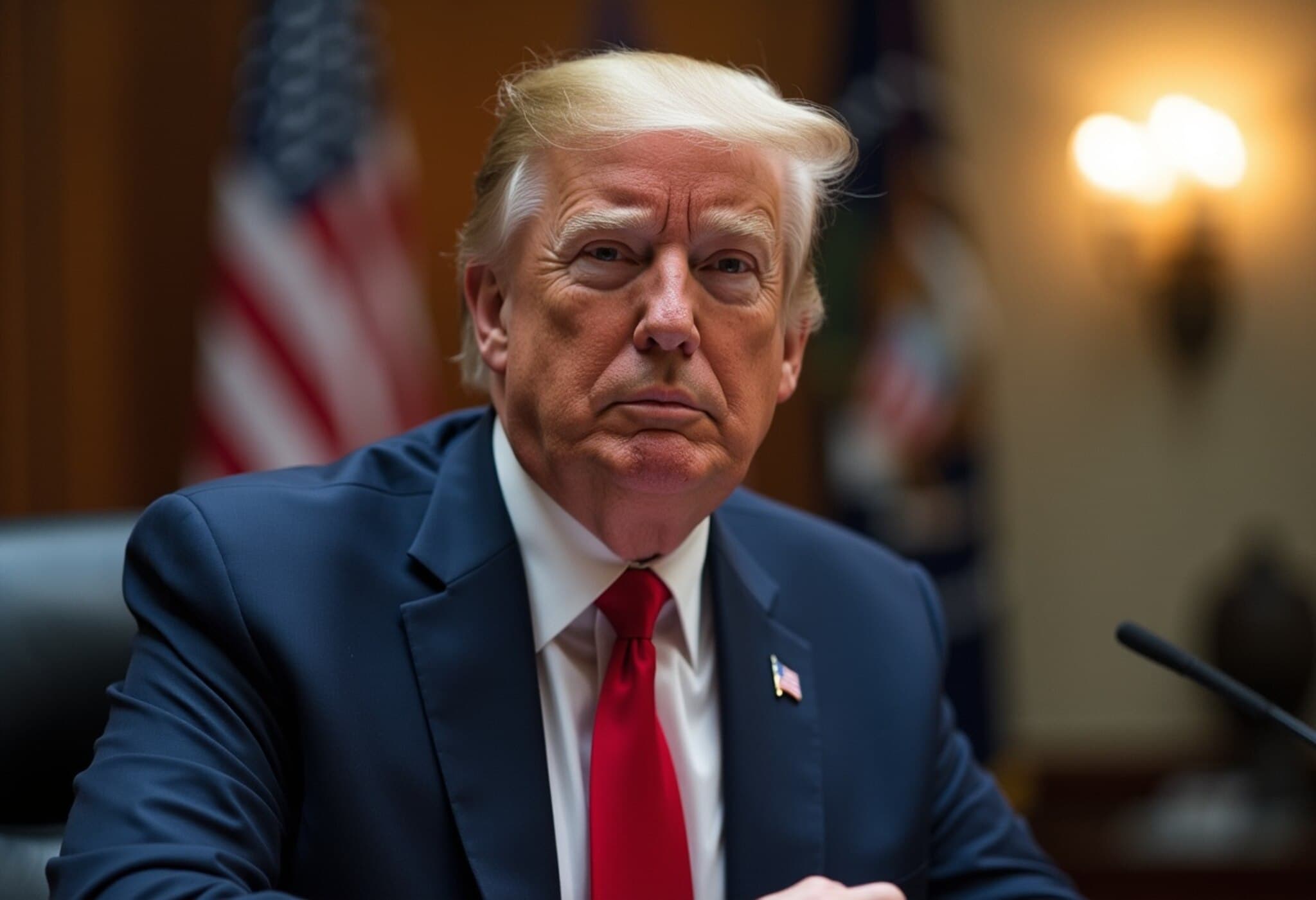Trump Considers Legal Action Against Federal Reserve Chair Jerome Powell
In a rare and bold move, former President Donald Trump is reportedly weighing a lawsuit against Federal Reserve Chairman Jerome Powell, centering on the management and costs associated with renovations at the Federal Reserve's historic Washington D.C. headquarters. White House spokeswoman Karoline Leavitt confirmed the potential legal action on Tuesday, adding another layer to the ongoing tensions between Trump and the central bank leadership.
Background: Escalating Pressure on the Federal Reserve
This development follows Trump's persistent public pressure on Powell to ease monetary policy — specifically, to cut interest rates amid economic concerns. Trump's discontent was first hinted at in a social media post before materializing into consideration of a formal lawsuit, signaling frustration not only with policy moves but also with bureaucratic management at the Fed.
During a visit to the renovation site a few weeks ago, Trump accused the Federal Reserve of poor oversight and alleged possible fraud, claiming the project is unnecessarily extravagant and expensive. These claims came even as he met Powell face-to-face, continuing his efforts to influence the bank’s policy decisions.
Renovation Costs: From $1.9 Billion to $2.4 Billion
Federal Reserve documents indicate that the original budget for the renovation was $1.9 billion. The latest figures now peg the cost at around $2.4 billion. The Fed attributes this rise to legitimate factors, including increased labor and material expenses and unforeseen challenges like asbestos abatement in the century-old buildings.
However, the White House investigation aims to scrutinize whether these increased costs stem from mismanagement or wastefulness within the Fed’s project administration, raising broader concerns about the transparency and accountability of independent federal agencies.
Legal and Political Context: Limits on Presidential Authority Over the Fed
The controversy unfolds against a complex legal backdrop. A Supreme Court opinion from earlier this summer affirmed the Federal Reserve's unique independent status, underscoring that the President does not have authority to remove the Fed Chair merely due to policy disagreements. This ruling complicates any effort by Trump to exert direct control over Powell or the institution.
Such independence is designed to shield U.S. monetary policy from political interference, aiming to safeguard the economy’s stability. However, Trump’s challenge illustrates the ongoing tension in balancing independent governance with democratic accountability, especially when policy decisions have far-reaching economic consequences.
Expert Insight: What the Lawsuit Could Mean
Financial policy experts and legal analysts observe that a lawsuit centered on renovation management is as unconventional as it is novel. "If pursued, it might set a precedent scrutinizing how independent agencies manage sizeable infrastructure projects, possibly opening doors for increased oversight or politicization," comments Dr. Elaine Marshall, a professor of financial regulation at Georgetown University.
Meanwhile, economists warn that distractions at the Federal Reserve could complicate its ability to respond effectively to economic pressures, potentially impacting inflation control and market confidence.
What Lies Ahead?
- White House Investigation: Further probing of renovation spending is expected, with potential audits and public disclosures.
- Legal Proceedings: Should Trump proceed with the lawsuit, courts will have to navigate uncharted territory concerning administrative oversight of independent government entities.
- Federal Reserve Response: The Fed’s communication strategy and transparency will be vital in maintaining public trust.
- Monetary Policy Impact: The added political tension could influence market perceptions amid ongoing debates about interest rates and economic growth.
Editor's Note
This unfolding story is more than a clash over building renovations; it highlights the delicate balance between federal independence and political accountability. As tensions mount, it raises critical questions about how much influence political leaders should wield over autonomous agencies that steer the nation’s economic future. Observers should watch closely for how this situation evolves — not just for its monetary policy implications, but as a potential precedent for federal agency oversight and governance in the years ahead.

